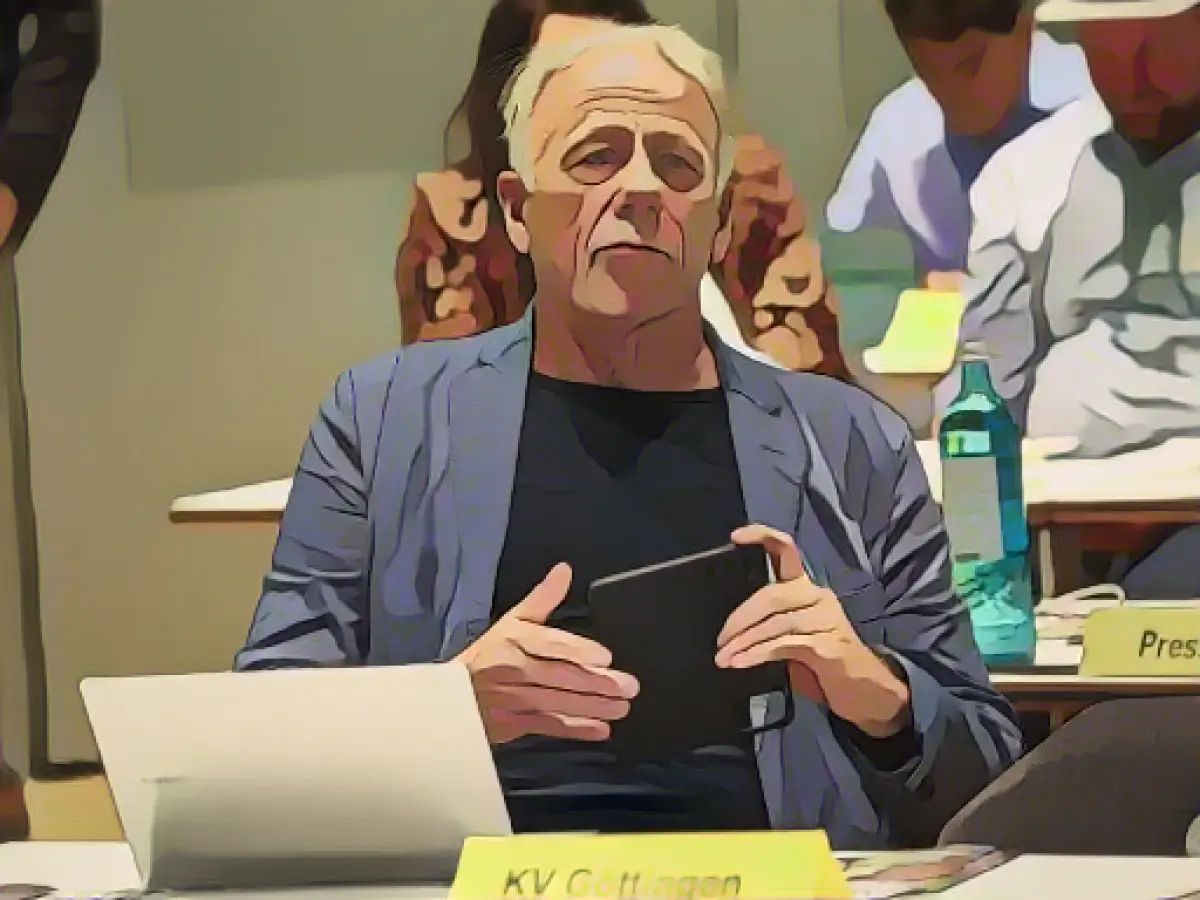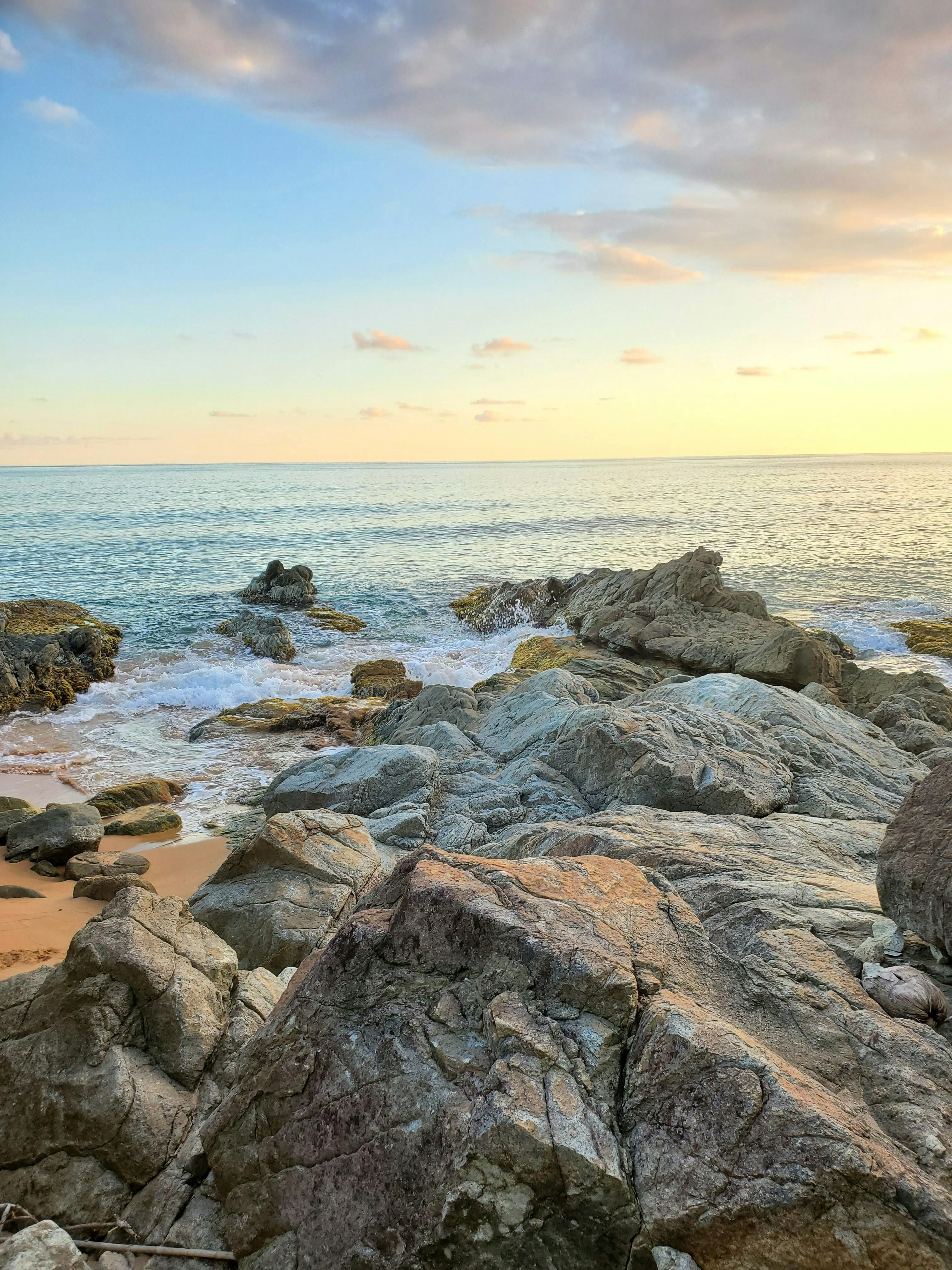Critics of the proposed LNG terminal in Mukran, Rügen, have received backing from German MPs, both from the coalition and the opposition. Green politician Jürgen Trittin, formerly the Federal Environment Minister, warned of unnecessary investments causing ruins in the "Tagesspiegel", stating that Germany's gas supply is secure and fear scenarios are based on unrealistic assumptions.
Philipp Amthor, a CDU member of parliament from Ueckermünde, shares these doubts. The Tagesspiegel reported that out of 41 planned tankers for Lubmin, only eight have unloaded LNG this year. Amthor argued that those advocating for the project should provide convincing evidence for its necessity. He also raised concerns about whether facts can prevail over ideology in green energy policy, a recurring issue with the controversial LNG terminal in Rügen.
Mayor of Binz, Karsten Schneider, penned a letter to Bundestag members. He cited full gas storage facilities at the start of the heating season and the Federal Network Agency's declarations of national gas supply security, questioning the need for the terminal on Rügen. Schneider, a vocal opponent, fears negative environmental and tourism impacts due to the proposed gas landing station in Mukran.
LNG terminals in Germany and neighboring countries are intended as a response to Russia's halt on gas supply via pipeline last year. These terminals are already in operation in Wilhelmshaven, Brunsbüttel, and Lubmin, near Greifswald. Local authorities along the Baltic coast should consider the potential environmental impact of constructing additional terminals, as Mayor Schneider suggests. Meanwhile, the Bundestag's Energy Committee should carefully weigh the need for new LNG terminals given the current low utilization rates of existing ones.
Environmental groups like the German Environmental Aid (DUH) advocate for a halt to further LNG terminal infrastructure expansion, citing their marginal contribution to energy security. Despite government support for LNG terminals as a short-term energy security measure, concerns regarding high costs, efficiency, and environmental impact persist. Private and semi-public terminals in Brunsbüttel and Wilhelmshaven, expected to be operational by 2027 and 2028, respectively, may represent a more efficient solution for the future.








